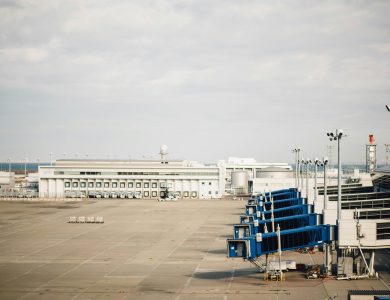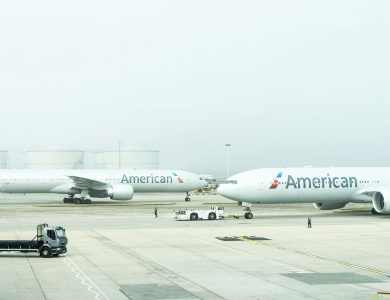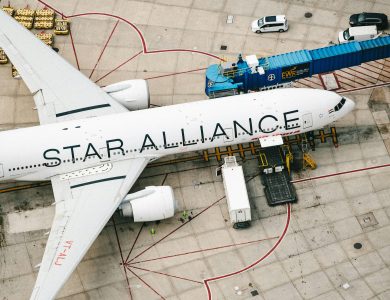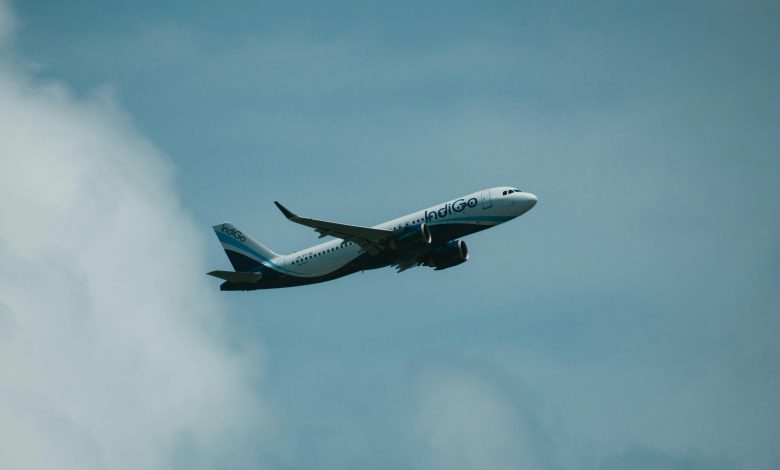
In the world of travel, where dreams take flight and wanderlust knows no bounds, the allure of award flights often captivates the imaginations of avid explorers. These flights, acquired through the diligent accumulation of points and miles, promise the thrill of adventure at a fraction of the cost—or so we are led to believe. Yet, beneath the surface of this enticing narrative lies a curious paradox: can award flights sometimes be more expensive than their paid counterparts? As we delve into this intriguing conundrum, we uncover the hidden complexities and surprising scenarios where the promise of free travel reveals an unexpected price tag. Join us as we navigate the intricate web of airline loyalty programs, dynamic pricing, and the ever-shifting landscape of travel rewards, to explore whether the pursuit of award flights truly offers the golden ticket to affordable adventures.
Understanding the Dynamics of Award Flight Pricing
At first glance, the idea that award flights could cost more than paid tickets seems paradoxical. Yet, this scenario is not only possible but can be surprisingly common. The dynamics of award flight pricing are shaped by a myriad of factors that airlines carefully calibrate. Award availability is one key component, as airlines allocate a limited number of seats for rewards, influenced by anticipated demand and seasonality. When demand is high, award seats become scarce, causing point requirements to surge.
Another critical element is the conversion rates of loyalty points. Airlines often adjust these rates based on economic factors and competitive strategies, which can lead to a devaluation of points. Additionally, the presence of fuel surcharges and taxes on award flights can inflate the total cost, sometimes exceeding that of a discounted paid fare. Consider these factors when planning:
- Time of booking: Early bookings might offer better point deals.
- Flexibility: Being flexible with dates and destinations can unveil more cost-effective options.
- Promotions: Look out for special promotions or bonuses that airlines occasionally offer.
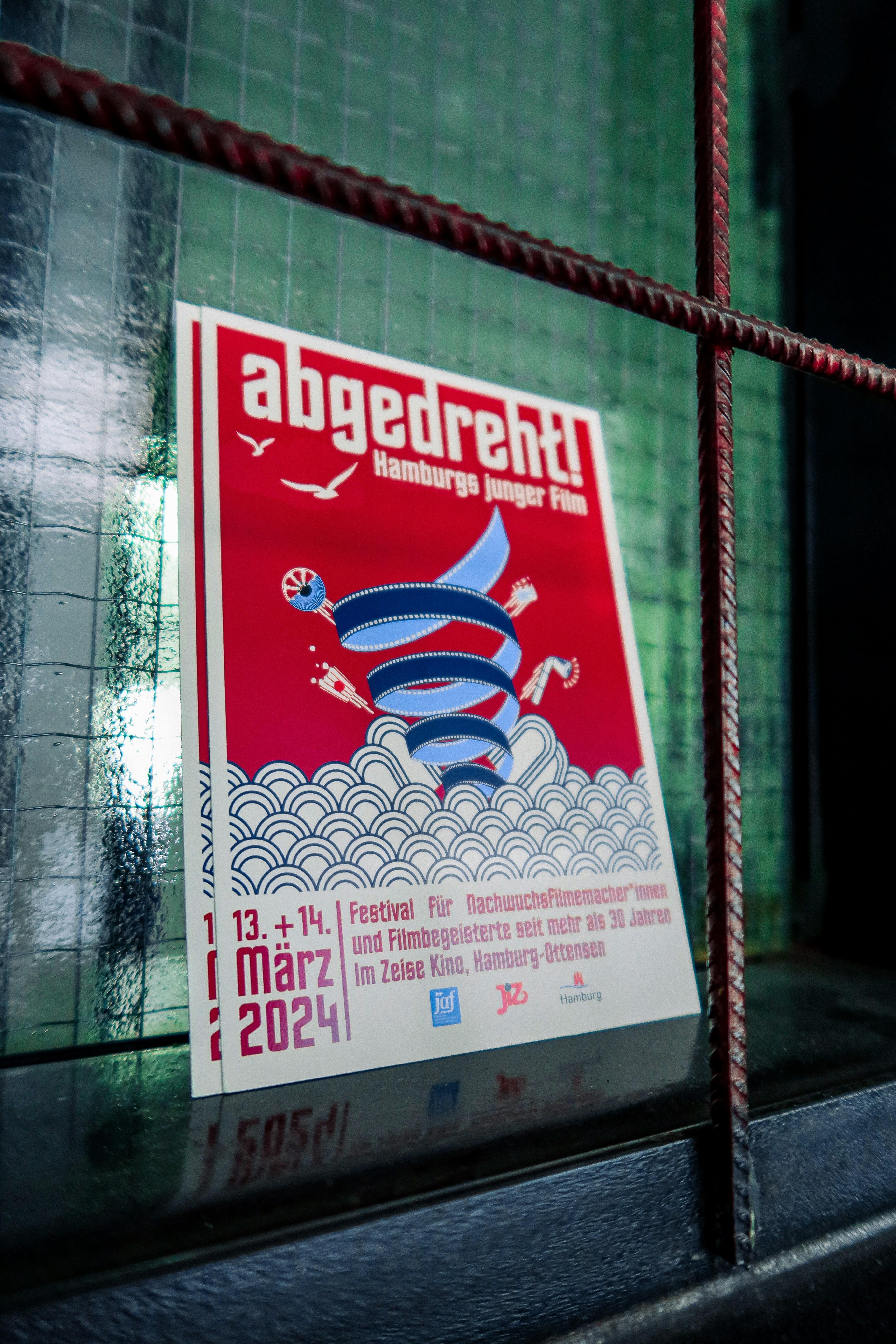
Hidden Costs in Frequent Flyer Programs
- Fuel Surcharges: A significant hidden cost in many frequent flyer programs is the fuel surcharge, which can often be as high as or even higher than the taxes and fees on a paid ticket. Airlines sometimes mask these charges under the guise of “carrier-imposed fees,” leading to an unwelcome surprise when redeeming miles for an award flight.
- Limited Availability: While airlines advertise the allure of free flights, the availability of award seats can be extremely limited. This scarcity might force travelers to book flights that require more miles or to settle for inconvenient flight times, which can devalue the perceived savings.
- Booking Fees: Some airlines impose fees just for booking an award ticket, especially if the booking is made close to the departure date. These fees can range from modest amounts to significant sums, further eroding the value of your miles.
- Devaluation of Miles: Frequent flyer programs are notorious for devaluing their miles without prior notice. This means that a flight that once cost a certain number of miles might suddenly require more, effectively increasing the “price” of an award ticket.
- Partner Airline Costs: Booking flights with partner airlines can incur additional costs. Even if the base miles required remain the same, taxes and fees can vary greatly depending on the airline and route, sometimes resulting in higher out-of-pocket expenses than anticipated.
These hidden costs can make the dream of free travel less enticing, sometimes making paid tickets appear more straightforward and, in some cases, even cheaper. Understanding these potential pitfalls is crucial for travelers aiming to maximize the value of their miles and avoid unexpected expenses.
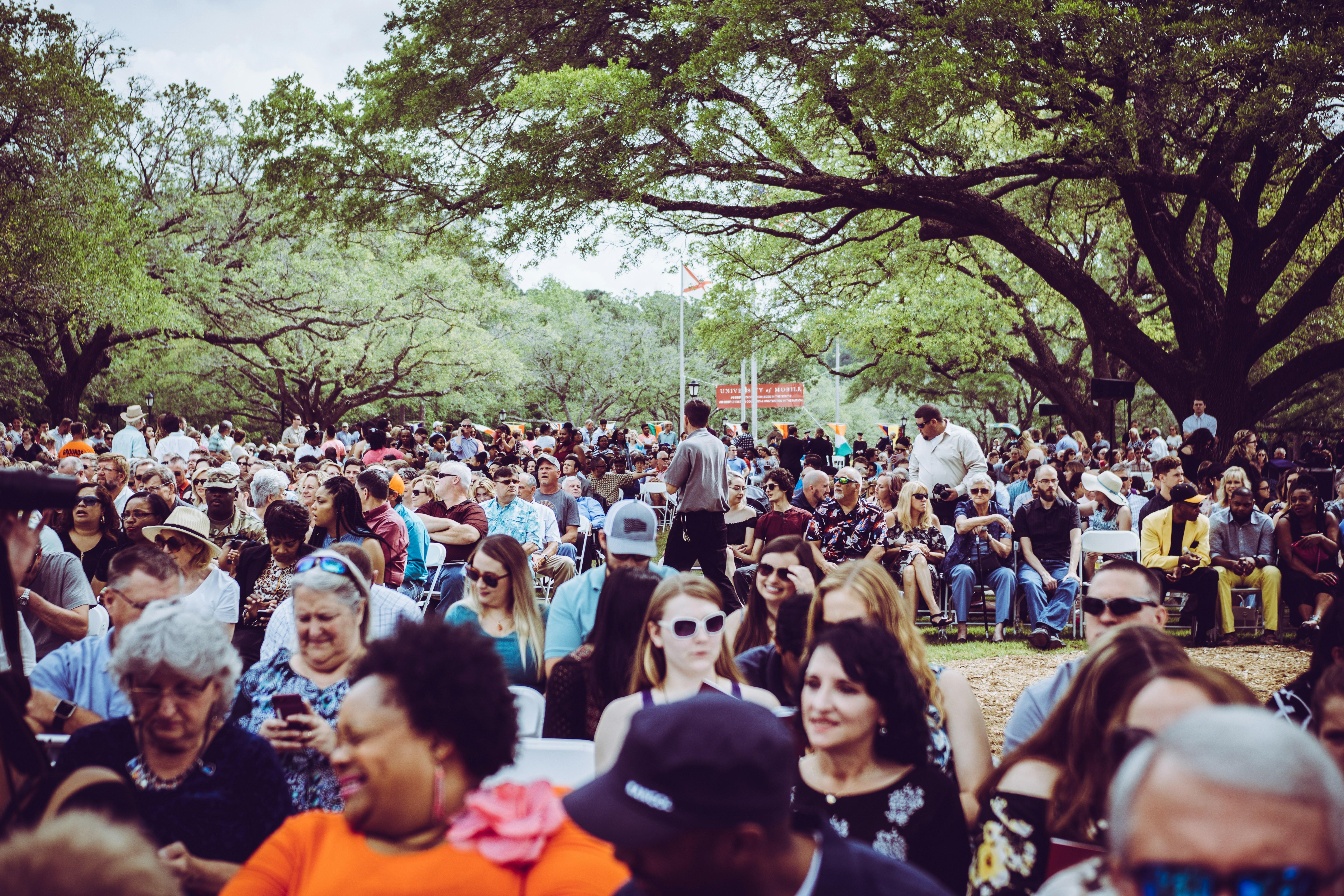
Maximizing Value: Strategies for Booking Award Flights
In the world of award travel, understanding how to extract the most value from your miles and points can be a game-changer. One key strategy is to stay flexible with your travel plans. Airlines often release award seats closer to departure, so being open to last-minute changes can unlock significant savings. Additionally, consider alternative routes; sometimes, connecting flights or flying into nearby airports can reduce the cost of award tickets dramatically.
Another effective approach is to leverage partnerships. Many airlines are part of global alliances, allowing you to book award flights on partner airlines, often at a lower cost than the primary carrier. Don’t forget to monitor for promotions and transfer bonuses from credit card companies, as these can provide a substantial boost to your points balance. always compare the value of redeeming points against the cash price of a ticket. If the cash price is low, it might be more economical to pay outright and save your points for higher-value redemptions.
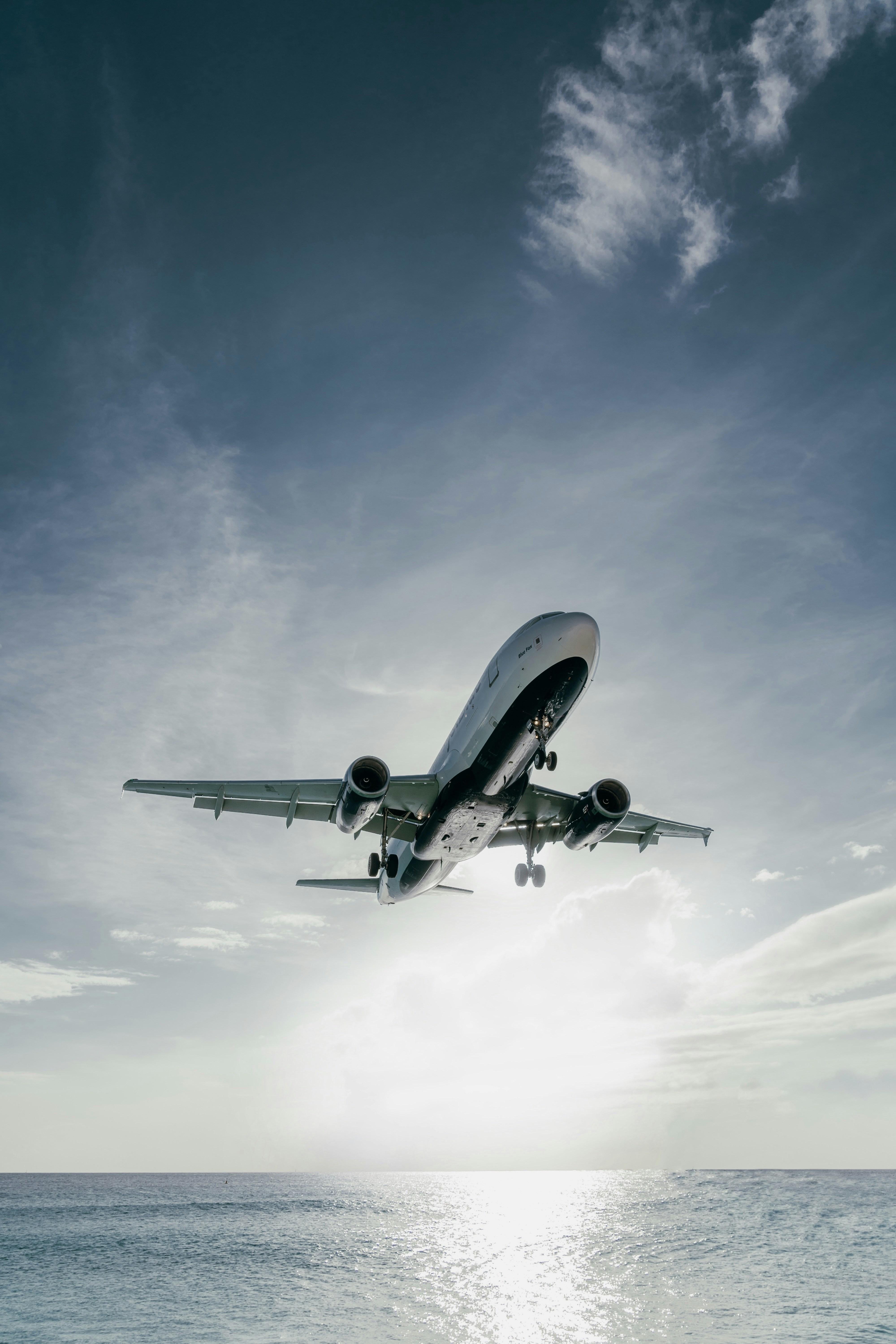
When Paying Cash Outweighs Points
In the world of travel rewards, it’s easy to get swept up in the allure of redeeming points for free flights. However, there are scenarios where paying cash can actually be the smarter choice. This is particularly true during airline sales or when flying budget carriers, where ticket prices can plummet to levels that make using points seem extravagant. When the cash price of a ticket is low, the value per point diminishes, and those precious miles might be better saved for a future journey with a higher redemption value.
- Promotional Offers: Airlines often roll out limited-time promotions that can make cash tickets cheaper than the points equivalent.
- Flexibility: Cash tickets might offer more flexibility in terms of changes and cancellations compared to award tickets, which often come with restrictions.
- Earning Potential: Paying with cash allows you to earn miles or points on the ticket purchase, adding value for future travels.
While the dream of a free flight is enticing, a savvy traveler recognizes that sometimes, cash is king. Weighing the cost against the potential benefits ensures that you’re truly maximizing the value of your travel rewards.
